One of the best ways to thrive with adult ADHD is through effective routines and proper systems. It’s also great if the important things in your life have a place where you can find them.
Effective routines that are tailored to our lives and our careers help guide us throughout the day and provide tremendous benefits for reducing the stress of having ADHD.
This week we have Skye Rapson on the podcast who is the founder of the Unconventional Organisation based in Auckland New Zealand. Skye and her team offer ADHD coaching and other services and everything are offered by those with ADHD.
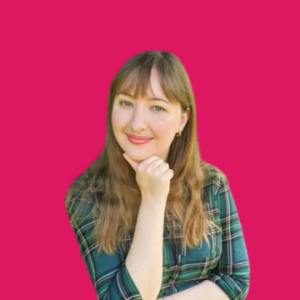 Many people with ADHD feel they are stuck but Skye is a doctoral candidate. She is living proof that people with ADHD can thrive and achieve the goals they want. She discusses briefly how she has been able to navigate school and other life commitments to get to this point in her life.
Many people with ADHD feel they are stuck but Skye is a doctoral candidate. She is living proof that people with ADHD can thrive and achieve the goals they want. She discusses briefly how she has been able to navigate school and other life commitments to get to this point in her life.
Skye and her team focus a lot on routines with their clients including how they work closely to identify overwhelmed and create strategies to reduce overwhelming behavior with ADHD. She discusses how they do that.
Skye and Dave also have a discussion about the importance of developing systems because they do support our weaknesses.
Skye walks us through a process for creating routines in your life when you have ADHD. She also says that we need to consistently revisit our routines because circumstances in life and our careers are changing all the time. It’s important to adjust where needed.
Dave and Skye also talk about how creating proper systems and routines can reduce the effects of burnout. Running around scattered all day only creates stress and anxiety and will ultimately lead to burnout.
Find out more about Skye Rapson and her team here: https://www.unconventionalorganisation.com/
And don’t forget Dave’s new book Overcoming Burnout. https://www.amazon.com/dp/B09WQ17T22

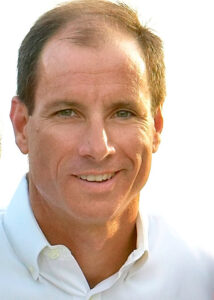 Jeff Copper and Dave talk about what it takes to actually be in charge of your ADHD and take ownership of it.
Jeff Copper and Dave talk about what it takes to actually be in charge of your ADHD and take ownership of it.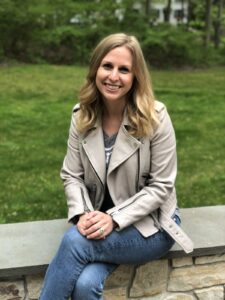 Jeff has ADHD, and Sarah does not. Because of this, they feel they have an advantage when working with clients.
Jeff has ADHD, and Sarah does not. Because of this, they feel they have an advantage when working with clients.
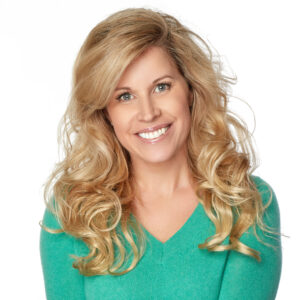 Laura takes time to explain the core differences between trying harder and trying differently and Dave and Laura even pull the phrase apart “try harder” to understand what it actually means.
Laura takes time to explain the core differences between trying harder and trying differently and Dave and Laura even pull the phrase apart “try harder” to understand what it actually means. Casey talks about what she classifies as a high achiever including some specific careers as well as some specific traits when it comes to those that are driven to succeed.
Casey talks about what she classifies as a high achiever including some specific careers as well as some specific traits when it comes to those that are driven to succeed.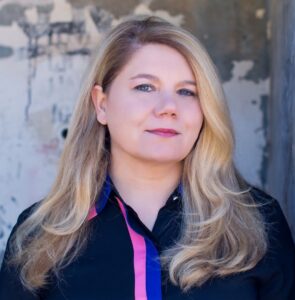 Dr. Lara Talks about how addictions such as those with alcohol and other substances not only affect those with ADHD to a greater percentage but how they have increased during the past two years of the pandemic. Lara talks about how prevalent addiction is in the ADHD community as well as why we’ve seen the increases recently.
Dr. Lara Talks about how addictions such as those with alcohol and other substances not only affect those with ADHD to a greater percentage but how they have increased during the past two years of the pandemic. Lara talks about how prevalent addiction is in the ADHD community as well as why we’ve seen the increases recently.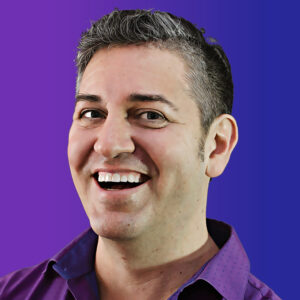 This week we have back Grant Crowell, Author of Grantasms Creative twisted words for cool people! and a self-professed social wordsmith. Grant and Dave discuss how to improve strategic communications in the workplace as well as being an entrepreneur with ADHD. As you’ll find Grant’s book also injects a little fun and humor into the process.
This week we have back Grant Crowell, Author of Grantasms Creative twisted words for cool people! and a self-professed social wordsmith. Grant and Dave discuss how to improve strategic communications in the workplace as well as being an entrepreneur with ADHD. As you’ll find Grant’s book also injects a little fun and humor into the process.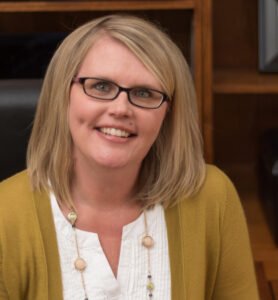 Nikki Kinzer and Pete Wright from Taking Control…The ADHD Podcast join Dave to discuss ways those of us with ADHD can get better at planning as well as executing on those plans.
Nikki Kinzer and Pete Wright from Taking Control…The ADHD Podcast join Dave to discuss ways those of us with ADHD can get better at planning as well as executing on those plans.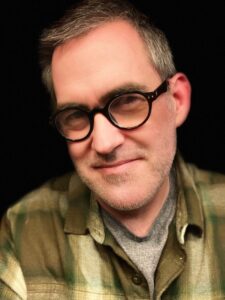
 One of the top ways that Jandra has looked at motivation is the focus on the process rather than getting excited about an entire project. Sometimes it takes just a little bit to get us off the mark.
One of the top ways that Jandra has looked at motivation is the focus on the process rather than getting excited about an entire project. Sometimes it takes just a little bit to get us off the mark. First, we discuss whether setting New Year’s resolutions is a bad idea or if there might be a better time of the year to set them as well as implementing goal setting on a more frequent schedule.
First, we discuss whether setting New Year’s resolutions is a bad idea or if there might be a better time of the year to set them as well as implementing goal setting on a more frequent schedule.